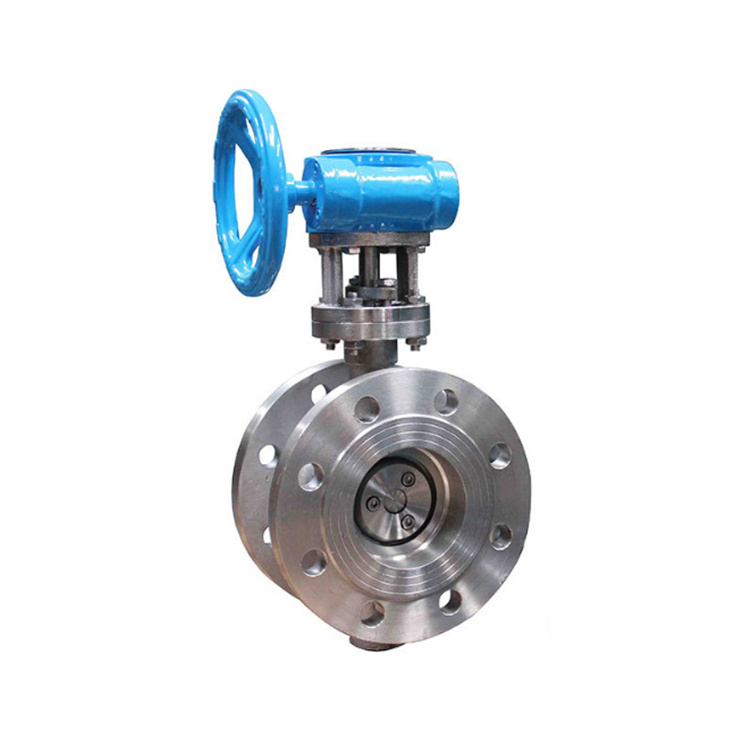check valve for sewage pump
Understanding Check Valves for Sewage Pumps
Sewage pumps play a crucial role in the management of wastewater in both residential and commercial settings. They are designed to transport sewage from a lower elevation to a higher one, ensuring that waste is effectively moved away from homes and businesses to treatment facilities. One integral component of a sewage pump system is the check valve. In this article, we will explore the function, importance, and types of check valves used in sewage pumping systems.
What is a Check Valve?
A check valve is a mechanical device that allows fluid (in this case, sewage) to flow in one direction while preventing backflow. This is particularly important in sewage systems, as backflow can lead to serious issues, including sewage backups in homes, unpleasant odors, and even potential health risks from exposure to untreated waste. The primary function of a check valve in a sewage pump system is to stop the wastewater from flowing back into the pump once it has been expelled, thus maintaining the integrity and functionality of the entire system.
Importance of Check Valves
1. Prevention of Backflow The main function of a check valve is to prevent backflow. This is vital in sewage systems, where backtracking of waste can cause significant disruptions and health hazards.
2. System Efficiency By preventing backflow, check valves help maintain the efficiency of sewage pumps. If waste were to flow back into the pump, it could lead to additional strain on the pump and eventual failure. Check valves minimize the risk of damage to the pump, thereby extending its lifespan.
3. Reduction of Odors Sewage systems are often associated with unpleasant odors. A properly functioning check valve helps contain the sewage within the system and reduces the risk of odors escaping into the environment.
4. Lower Maintenance Costs Investing in high-quality check valves can lead to lower maintenance costs over time. By preventing backflow and reducing strain on the sewage pump, the likelihood of repairs and replacement due to backflow issues is significantly decreased.
check valve for sewage pump

Types of Check Valves
There are several types of check valves commonly used in sewage pump systems, each designed to suit different applications and requirements
1. Swing Check Valve This type features a disc that swings away from the valve seat to allow flow in one direction and swings back to block reverse flow. They are popular due to their simplicity and effectiveness.
2. Lift Check Valve Similar to swing check valves, lift check valves utilize a disc that lifts off its seat when flow is in the correct direction and drops back to seal against reverse flow. They are typically used in applications with higher pressure.
3. Ball Check Valve This type employs a ball that lifts off its seat to allow flow and then returns to seal against backflow. Ball check valves are advantageous in sewage applications due to their durability and ability to handle solids.
4. Piston Check Valve Piston check valves utilize a piston that moves with the flow of fluid. They are effective for high-pressure applications and can offer better sealing than other types.
Conclusion
In summary, check valves are critical components of sewage pump systems, ensuring that wastewater is effectively transported while preventing backflow. They contribute to the overall efficiency, reliability, and safety of sewage management systems. When selecting a check valve, it is essential to consider factors such as the type of sewage being handled, system pressure, and the specific requirements of the installation. By understanding the importance and types of check valves, individuals and businesses can make informed decisions that enhance the performance and longevity of their sewage pumping systems.
-
The Key to Fluid Control: Exploring the Advantages of Ball Valves in Industrial SystemsNewsJul.09,2025
-
The Versatile World of 1, 2, and 3 Piece Ball ValvesNewsJul.09,2025
-
Stainless Steel Ball Valves: The Ideal Choice for Efficient Flow ControlNewsJul.09,2025
-
Optimizing Fluid Control with Ball Float ValvesNewsJul.09,2025
-
Manual Gate Valves: Essential for Control and EfficiencyNewsJul.09,2025
-
Everything You Need to Know About Butterfly ValvesNewsJul.09,2025
-
The Versatility of Wafer Type Butterfly ValvesNewsJul.08,2025




